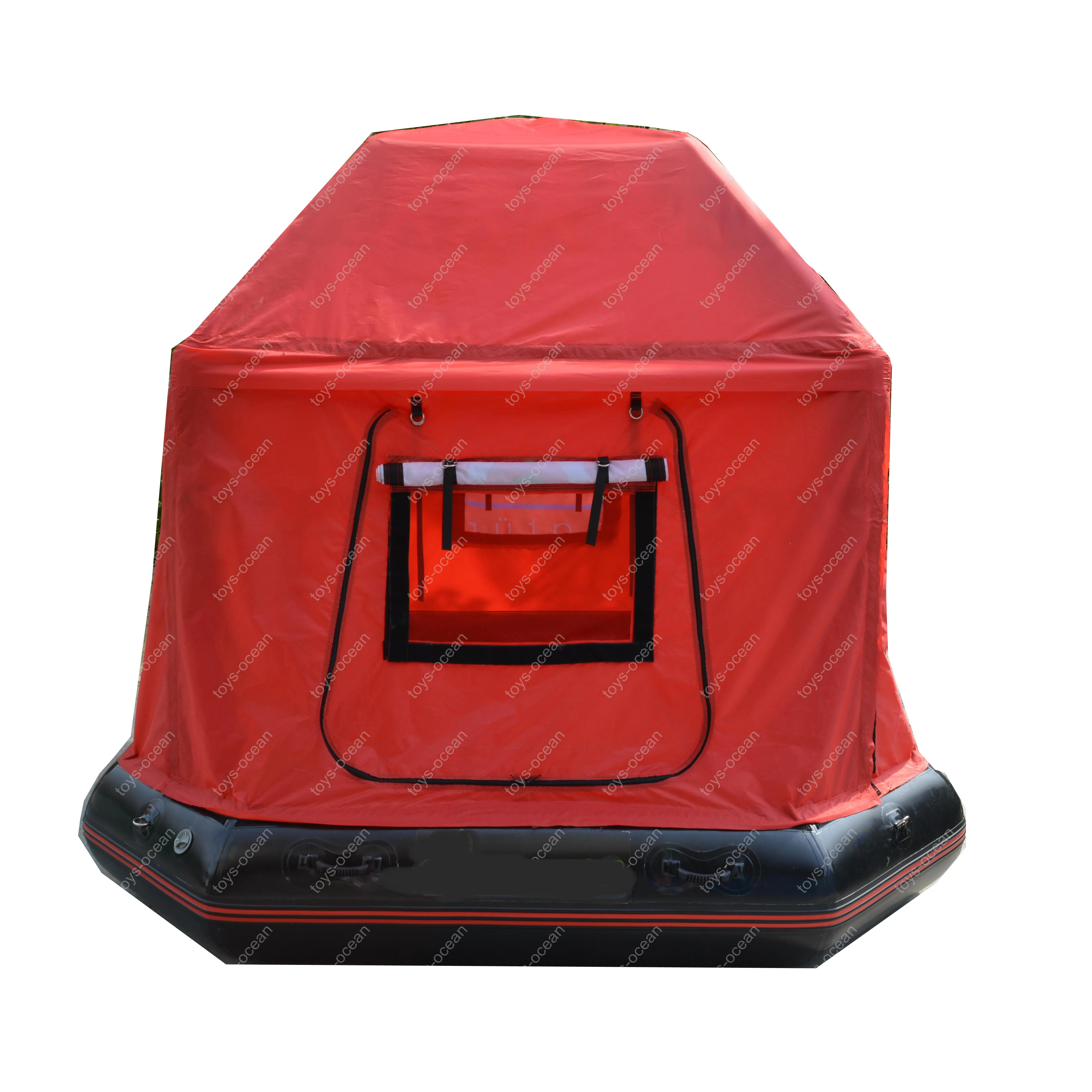The Ultimate Guide to Choosing the Perfect Camping Tent
When embarking on a camping adventure, one essential piece of equipment you’ll need is a reliable tent. Whether you’re a seasoned outdoor enthusiast or a newbie to the camping scene, choosing the perfect camping tent can make or break your experience in the great outdoors. With a vast array of options available in the market, it’s crucial to understand the key factors to consider when selecting the ideal shelter for your camping escapades. From size and capacity to weather resistance and ease of setup, finding the right camping tent can significantly enhance your camping experience and ensure a comfortable stay in nature.
Types of Camping Tents
When it comes to camping tents, there are several types to choose from based on your specific needs and preferences. For those seeking simplicity and easy setup, dome tents are a popular choice. tent nz are usually lightweight and offer good headroom, making them great for backpackers and weekend campers.
If you're planning a family camping trip and need ample space, consider a cabin tent. These tents are known for their vertical walls and spacious interiors, providing enough room for multiple people to sleep comfortably. Cabin tents are ideal for car camping and longer stays at campgrounds.
For campers looking for versatility and durability, a tunnel tent may be the way to go. These tents are designed to withstand harsh weather conditions and offer a good balance between weight and space. Tunnel tents are popular among outdoor enthusiasts who prioritize performance and endurance.
Factors to Consider
When choosing a camping tent, one important factor to consider is the tent size. You'll want to ensure that the tent can comfortably accommodate the number of people who will be using it. Consider not just sleeping space, but also room for gear and any other items you may want to keep inside the tent.

Another crucial factor is the tent's seasonality. Different tents are designed for different seasons, with some being better suited for summer camping while others are more appropriate for use in colder conditions. Think about the climate and the time of year you'll be camping in to determine the right seasonality for your tent.
Lastly, don't forget to look at the tent's setup and ease of use. Some tents are more complex to pitch than others, so if you prefer a quick and simple setup, opt for a tent with straightforward assembly. Additionally, consider features like the tent's weight and packability if you'll be carrying it to your camping spot.
Setting Up Your Tent
When setting up your camping tent, start by selecting a level and clear area. Avoid rocky or uneven ground as this can be uncomfortable when sleeping. Next, lay out the tent body ensuring the doors face the desired direction for entry and exit.
Assemble the tent poles according to the manufacturer's instructions and insert them into the corresponding grommets on the tent body. Secure the poles in place by attaching the clips or sleeves provided. Then, stake down the tent corners to keep it in position.
Finally, adjust the guy lines to ensure the tent is taut and stable. Check the interior for any obstructions or debris that may affect your comfort. Once everything is set up, your camping tent is ready for you to enjoy a cozy night under the stars.